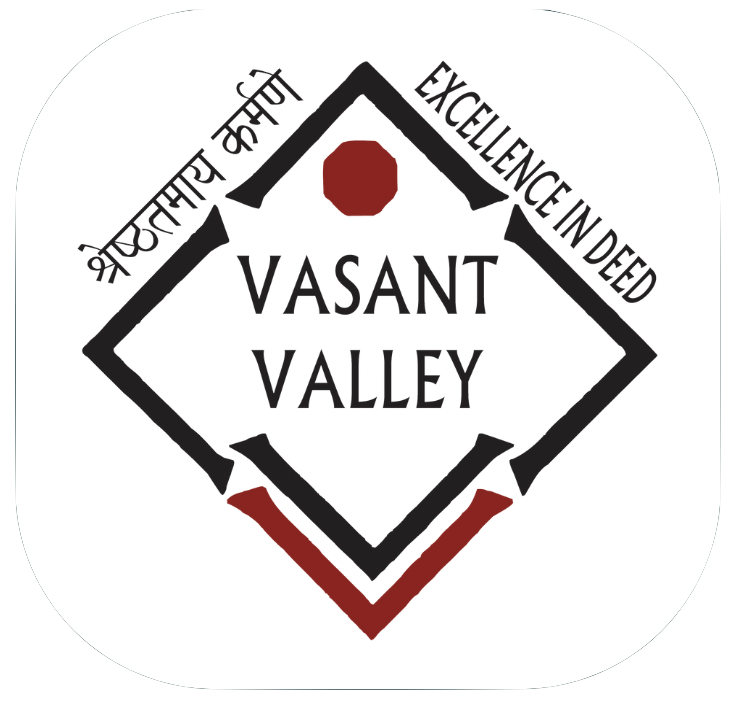Quantum computing stands at the threshold of a new era, promising to revolutionize the field of cryptography and redefine the boundaries of computational power. While still in its early stages, the exploitation of quantum physics principles in cryptography has already begun, marking a pivotal shift in securing highly sensitive data, which is increasingly becoming a matter of national sovereignty. In the race dominated by technological giants like China and the United States, India emerges as a significant contender, boasting exceptional assets, particularly in its robust network of public and academic research laboratories. The journey towards quantum computing traces back to Gordon Moore’s prophetic observation that the number of transistors on a chip would double annually, foreseeing a physical limit dictated by the size of atoms around 2020. Quantum physics, the study of atomic behavior, now steps in to extend “Moore’s law,” offering a new frontier for technological advancement. Superposition and entanglement, two fundamental properties of quantum physics, lie at the heart of the promise of quantum computing. In a groundbreaking announcement in October 2019, Google claimed to have achieved “quantum supremacy,” demonstrating its processor’s ability to solve a complex calculation in mere seconds, a task that traditional supercomputers would take millennia to complete. Beyond the buzz surrounding tech giants’ announcements, quantum computing presents tangible applications. In India, a report by an Indian parliament member in January 2020 highlights the potential for securing communications using quantum properties, particularly photons. Quantum key distribution (QKD) emerges as a cornerstone in this endeavor, enabling the creation of secret keys shared exclusively between sender and recipient for encrypting and decrypting messages. Projects bring together research centers and telecommunication manufacturers across countries, including prominent Indian entities.However, the promise of quantum power also raises concerns about post-quantum cryptography. It’s well-established that Shor’s algorithm, when implemented in a quantum computer, could render public-key cryptosystems like RSA obsolete, threatening the security of online transactions, especially in e-commerce. “Even if this scenario may unfold in twenty years, we must already contemplate alternative systems,” warns a director at a leading Indian space agency. This concern extends to safeguarding sensitive data in various domains, including medical, military, and intellectual property, as well as critical infrastructure like power distribution and air transport. For central banks like the Reserve Bank of India or the ECB, exploring quantum cryptography becomes imperative, particularly as they consider issuing cryptocurrencies or tokenizing financial securities in the future. Security options such as quantum cryptography, disposable keys, and key delivery to multiple locations are being considered to mitigate risks. The quest for quantum supremacy extends to quantum communication, aiming to create a super-powerful network by linking quantum computers or sensors, akin to a quantum internet. However, this endeavor requires overcoming technical challenges, including the limitations imposed by fiber optics on the signal range, which satellites can potentially mitigate.
In the pursuit of quantum supremacy, India has already made significant strides, preparing to transmit secure data via quantum cryptography, marking its intention to be a global leader in the field. India, with its strong foundation in research and innovation, is poised to play a pivotal role in the quantum revolution. Research institutions are at the forefront of developing quantum cryptography protocols and ensuring their security. As India prepares to chart its course in the quantum realm, the recommendations are expected to pave the way for a national plan dedicated to quantum development, positioning the nation as a key player in shaping the future of computing and cryptography.

